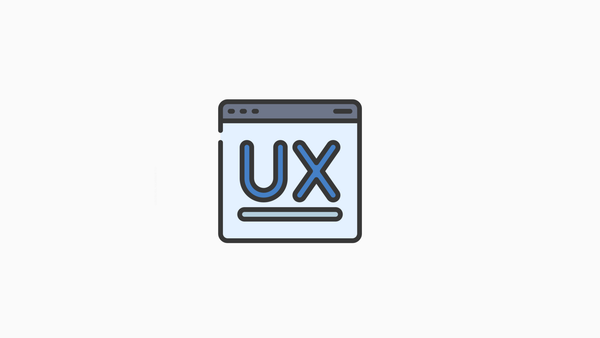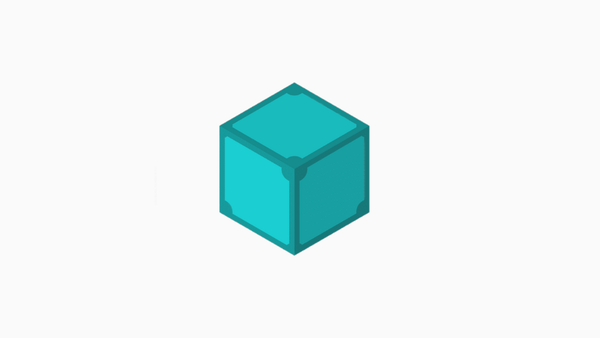Rust: Simple Blockchain Project

Rust is a powerful and efficient programming language that is gaining popularity among developers for its performance and safety features. If you are new to Rust and want to get started with a fun project, building a simple blockchain can be a great way to dive into Rust programming.
Setting Up Your Rust Environment
Before we start coding, make sure you have Rust installed on your machine. You can easily install Rust by following the instructions on the official website: rust-lang.org.
Once you have Rust installed, create a new Rust project by running the following command in your terminal:
cargo new blockchain_project
cd blockchain_project
Implementing a Basic Blockchain in Rust
Now, let's write a simple blockchain implementation in Rust. Below is an example code snippet to get you started:
use sha2::{Digest, Sha256};
struct Block {
data: String,
previous_hash: String,
hash: String,
}
impl Block {
fn new(data: &str, previous_hash: &str) -> Block {
let hash = format!("{:x}", Sha256::digest(format!("{}{}", data, previous_hash).as_bytes()));
Block {
data: data.to_string(),
previous_hash: previous_hash.to_string(),
hash,
}
}
}
fn main() {
let genesis_block = Block::new("Genesis Block", "0");
println!("Genesis Block - Data: {}, Previous Hash: {}, Hash: {}", genesis_block.data, genesis_block.previous_hash, genesis_block.hash);
}
In this code snippet, we define a Block struct representing a block in our blockchain. We also implement a new function to create a new block with the given data and previous hash. Finally, in the main function, we create the genesis block of our blockchain and print out its data, previous hash, and hash.
Running Your Blockchain Project
To run your blockchain project, simply execute the following command in your terminal:
cargo run
You should see the details of the genesis block printed on your terminal.
Congratulations!
You have successfully implemented a basic blockchain project in Rust. This is just a starting point, and you can continue to expand and enhance your blockchain implementation as you learn more about Rust programming. Happy coding!




